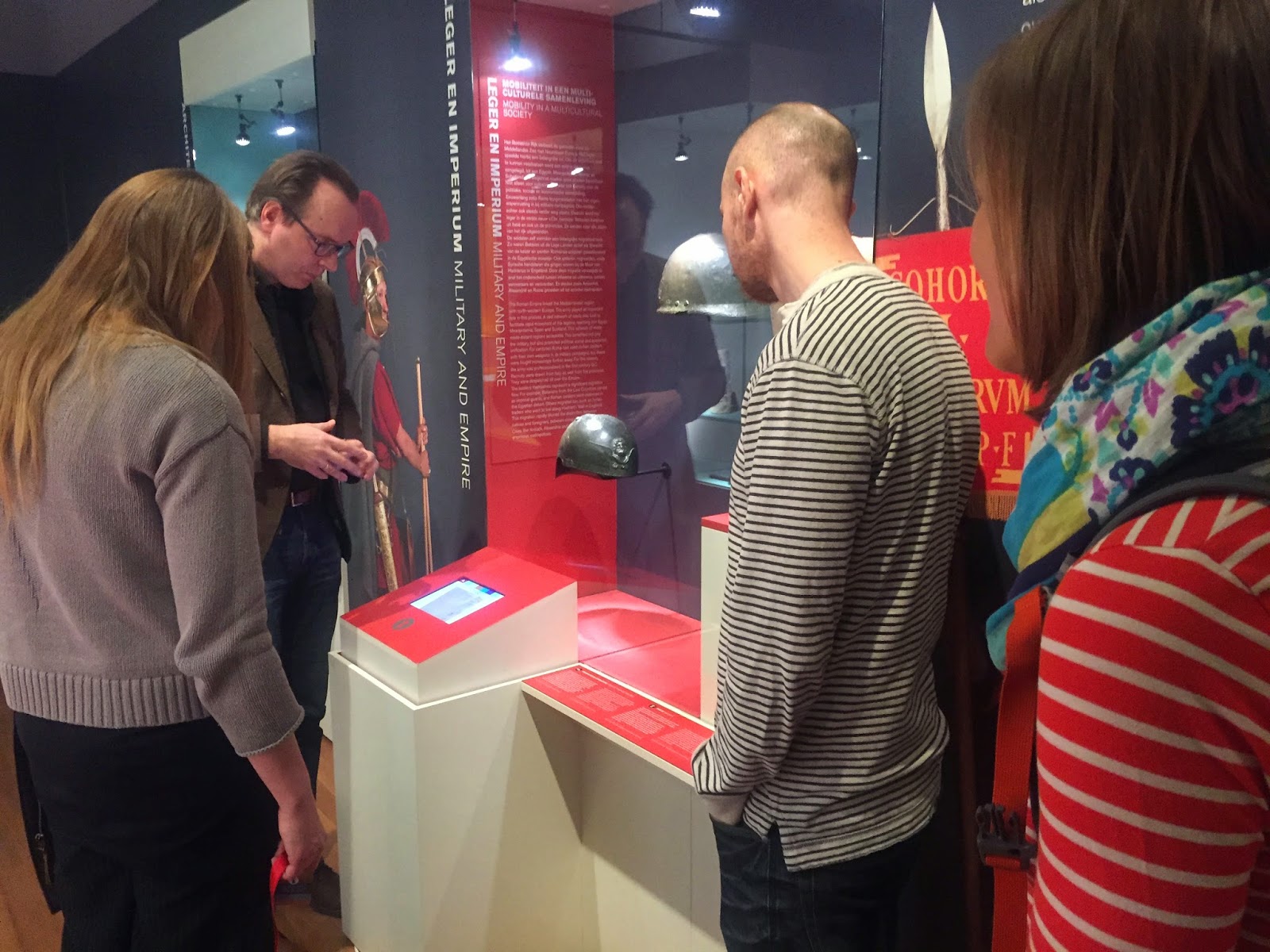"...RELEVANT, USABLE, AND ACCESSIBLE TO ALL...". ON DOCUMENTATION IDEALS FOR EXTRA-ACADEMIC RESEARCH, THE CASE OF DEVELOPMENT-LED ARCHAEOLOGY
Friday, April 10, 2015, 3:10 pm - 5:00 pm
107 South Hall, UC Berkeley
In several disciplines, such as medicine and engineering, significant parts of the knowledge production take place outside academic research. Another such discipline is archaeology. Most archaeological surveys are conducted as development-led archaeology prior to land development. The documentation of such surveys is surrounded by legislation and guidelines. In this seminar we will take a closer look at the documentation ideals in those regulations. Additionally we will discuss how those ideals are interpreted by authorities in archaeology, notably academic archaeologists, museum professionals, and government professionals. From a distance, and with some humor, these ideals and interpretations may be likened to an administrative meltdown and they present an enigmatic challenge for the professionals who try to do the actual documentation. The seminar will focus on the case of archaeology, but the discussion will also be extended to the general circumstances for documentation and communication of extra-academic research today.
Bio:
Lisa Börjesson, M.A., is a second-year doctoral student from Uppsala University in Sweden. During Fall 2014 and Spring 2015 she is a visiting student researcher at School of Information. Her research is a part of the research project Archaeological Information in the Digital Society (ARKDIS).



